overview
Duration
Under 6 months
Location
Blended – online and in-person at Schumacher College
START DATE: 27 September 2024
APPLICATION DEADLINE: 2 September
Module dates
30 September – 1 November 2024: Module 1
4 November – 6 December 2024: Module 2
13 January – 14 February 2025: Module 3
7 – 9 March 2025: Symposium
Residential dates
4 – 15 November 2024
13 – 24 January 2025
Why join this Course
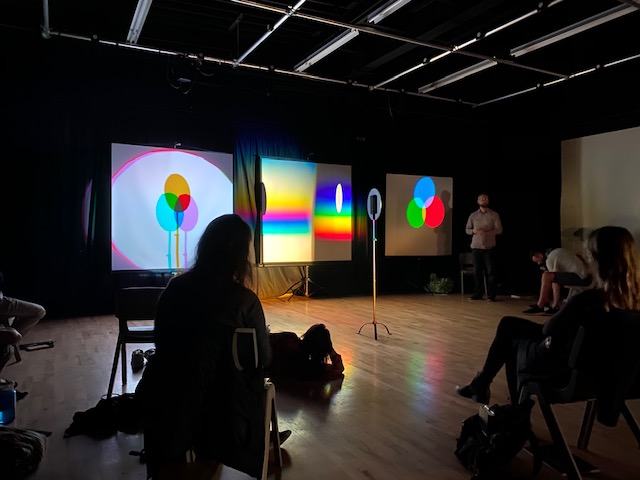
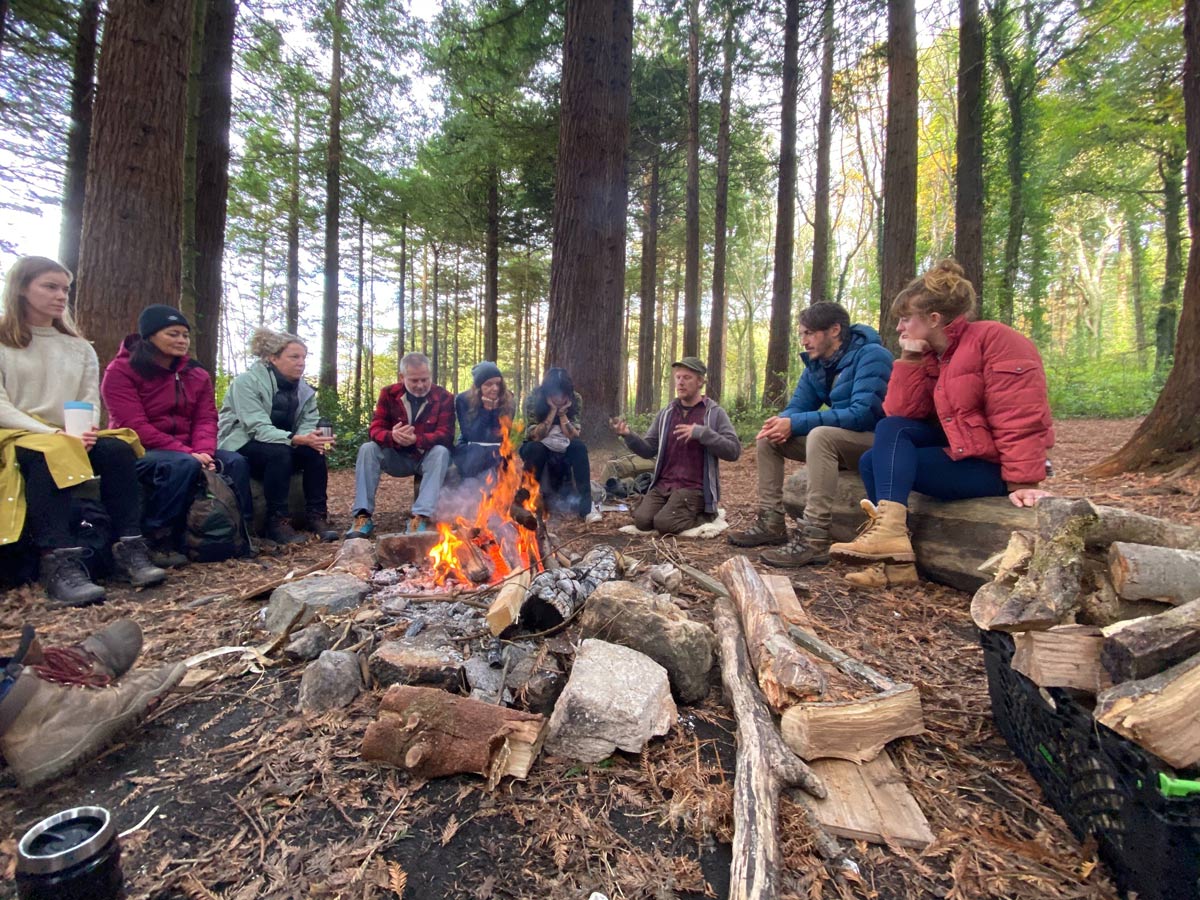
Course content
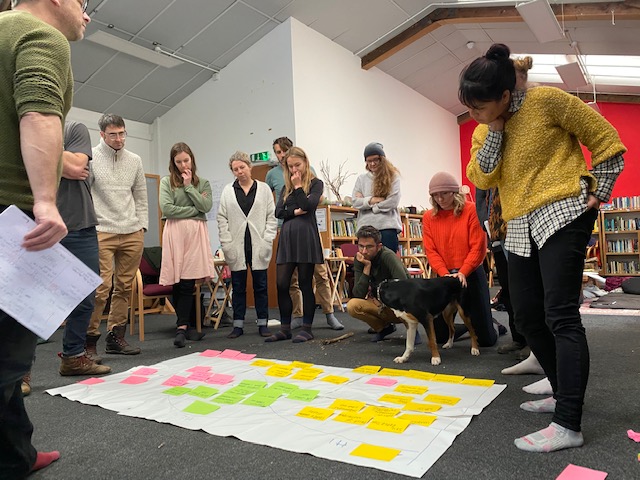
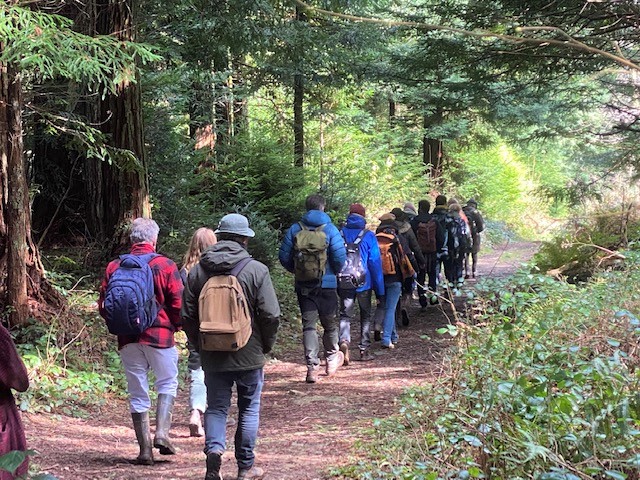
Course structure
Course structure & modules
Students who enrol on this course will be part of a new kind of university and engage in sessions based on active, experiential and participative techniques, energised by a combination of tutor-led input and small group explorations. As the programme unfolds, participants will be able to create bespoke pathways that align and nourish their professional or vocational interests, and their ongoing journey through life.
The course is designed so that the time spent together is deep yet joyful, practical yet spiritual, and offers a chance to build community and collaborations. Conviviality is our core value. We recognise that learning occurs in and beyond the class and seminar rooms, and that the best and least predictable learning outcomes will be those which emerge in informal conversation, during walks in the woods, or whilst cooking, cleaning, playing music or gardening.
Currently, the first module is offered as a stand-alone. It is possible to take Module One in the first year and Modules Two and Three in later iterations of the programme.
Tutors
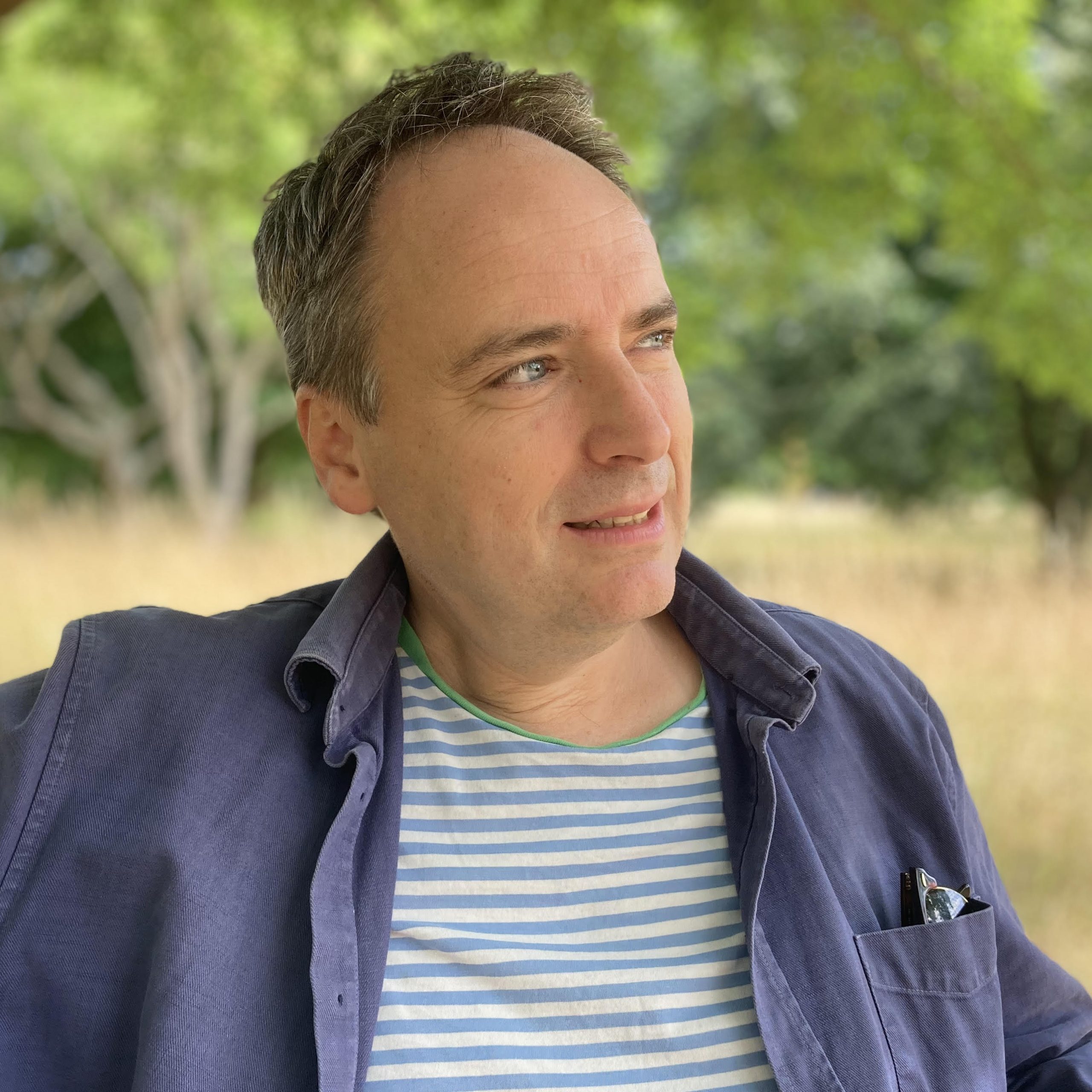
DR Valentin Gerlier
valentin.gerlier@dartington.org
Valentin is Senior Lecturer in Poetics of Imagination. His research expertise centres around the relationship between being and language. He is especially interested in the truth-bearing aspects of the poetic imagination and how these manifest in dialogue, performance, ritual and oral cultural transmission.
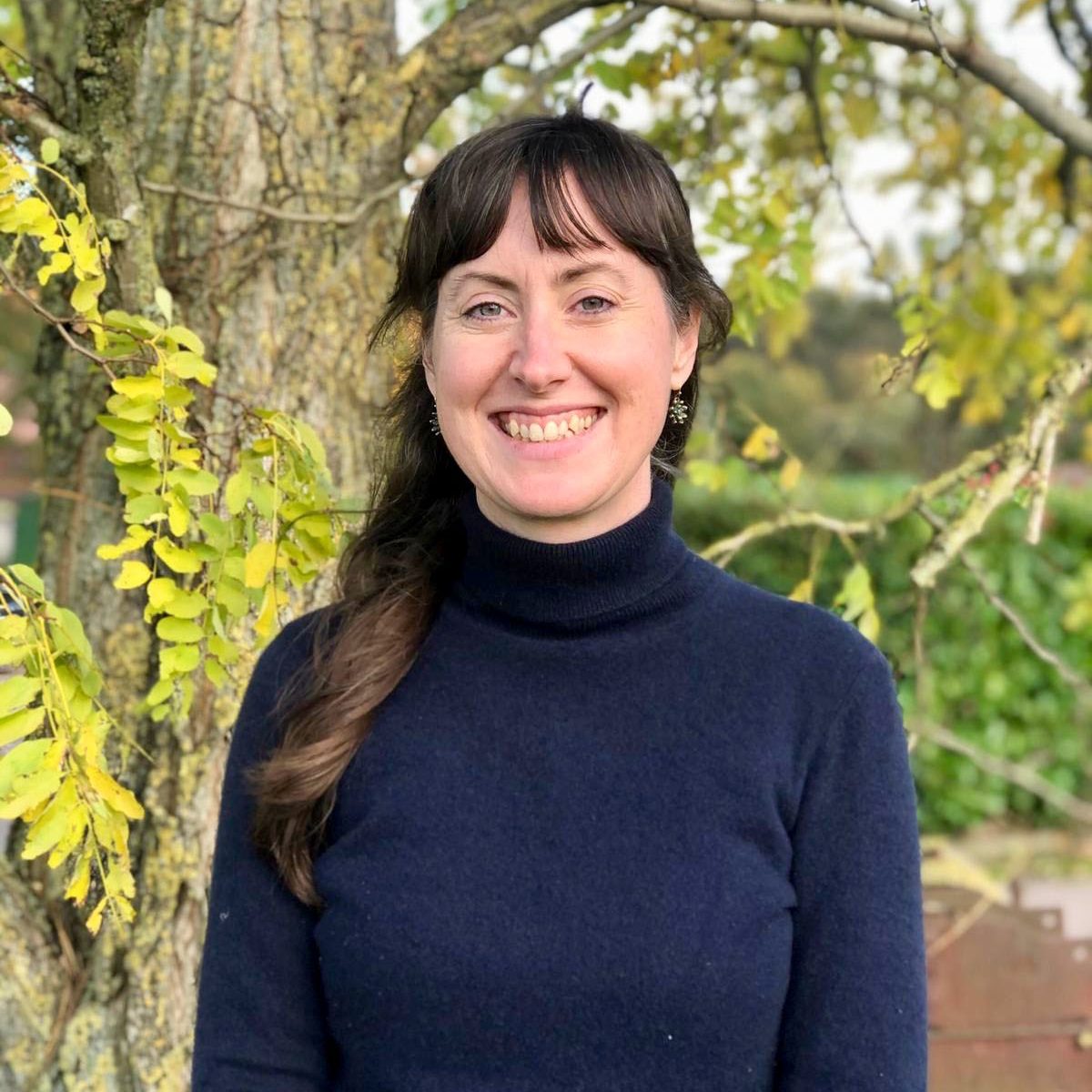
Dr Emma Kidd
emma.kidd@dartington.org
Emma is Associate Lecturer in Ecological Design Thinking. Her primary focus is on Meta-Design, which she views as a practice of being attentive to the intrinsic relationships between Being, Knowing, and Doing.Read More
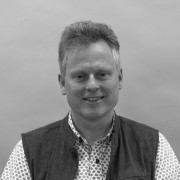
Professor Roberto Fraquelli
roberto.fraquelli@schumachercollege.org.uk
Roberto is Senior Lecturer for MA Ecological Design Thinking. He is interested in Holistic Design and the dilemma many designers face between the pressures of economic growth and an empathy with all living systems.
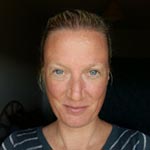
Dr Rachel Sweeney
rachel.sweeney@dartington.org
Rachel is Head of Schumacher College Programmes and Programme Lead and Senior Lecturer for Movement, Mind, and Ecology.

Dr Mona Nasseri
mona.nasseri@schumachercollege.org.uk
Mona is Head of Research at Schumacher College and Programme Lead for MA Ecological Design Thinking. She joined Schumacher College in 2014 and been involved in the delivery and development of the programme since its inception.
Read More
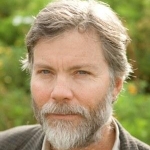
Jay Tompt
jay.tompt@schumachercollege.org.uk
Jay is a Lecturer for Regenerative Economics. He is also a co-founder of the Totnes REconomy Project, and associate lecturer in economics at Plymouth University.
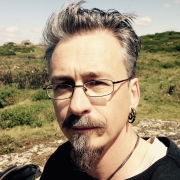
Dr Andy Letcher
andy.letcher@schumachercollege.org.uk
Andy is the programme lead for MA Engaged Ecology at Schumacher College. Andy’s areas of expertise include neopaganism, shamanism, the new animism, and psychedelic spiritualities.
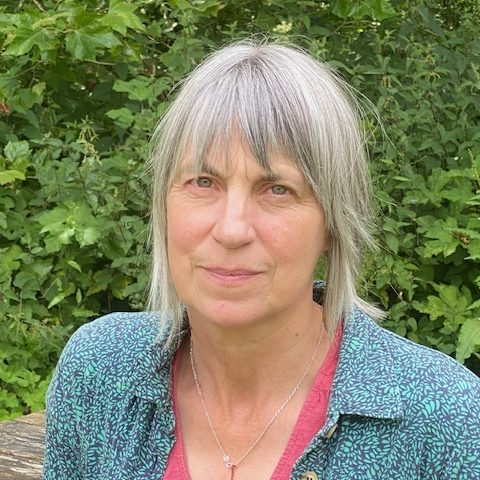
Alice Oswald
alice.oswald@dartington.org
Alice Oswald is a poet with a particular interest in oral traditions. She has published several books of poetry, including Darr, a documentary poem about the river which flows through Dartington.
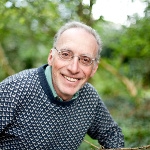
Dr Stephan Harding
stephan.harding@schumachercollege.org.uk
Stephan is a Deep Ecology Research Fellow and has been teaching on the MSC Holistic Science programme since its inception in 1998.
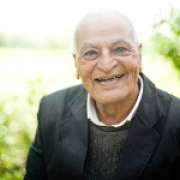
Satish Kumar
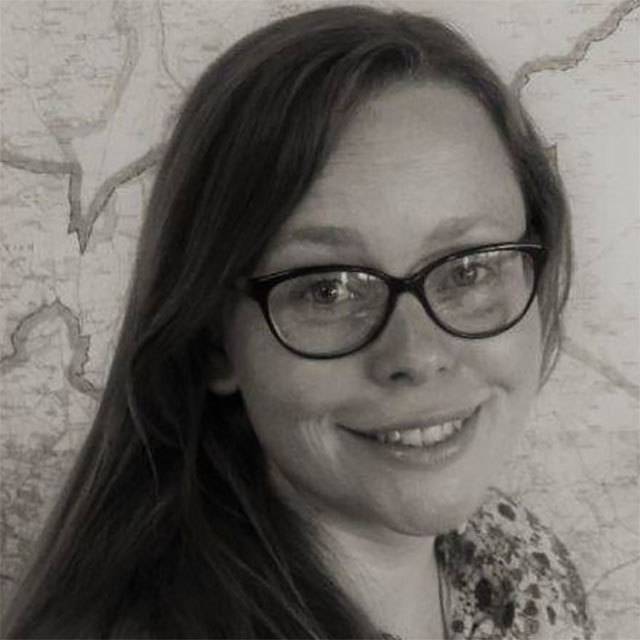
EMMA BUSH
emma.bush@dartington.org
Emma Bush is Associate Lecturer for our Poetics of Imagination and Reimaginging Performance Practice courses. She works in the field of art and ecology, making performance, site-specific walks, writing and workshops.
fees
Module one: £2,500
Bursaries
Bursaries are intended to provide financial support to applicants in need who wish to join the Schumacher Foundation Course to inspire their wider community and enrich the course with their unique contributions. We hope that our bursaries will encourage a diverse range of participants. However, the competition is strong and the number of bursaries available is limited with most bursaries falling more typically within the range of £500 and £ 2,000.
Please note:
- Bursaries are awarded on the basis of financial need. This may require additional eligibility checks following an initial application.
- Bursary applications are considered only if the course application is made for the full programme and before the 2 September deadline. Standalone modules and late applications are not eligible for bursaries.
- The bursary application deadline is Friday, 23 August 2024.
If you think you are eligible for a bursary fund, please complete the bursary application form below.
What's included
- A bursary award will cover part of the cost of the course. Food and accommodation costs are not included within the bursary.
- Travel to and from the course is the responsibility of the bursary recipient. We cannot provide financial assistance with travel.
Local and Global South Youth Bursaries
For more information contact admissions@dartington.org
APPLY FOR A BURSARY
Apply now
Frequently asked questions
Who is this course for?
What is the length of the course?
How much does the course cost?
The estimate cost of full-board accommodation for 7 weeks is £2,100 (this is an estimate and not the confirmed cost).
What are the entry requirements?
What is the admission process?
- Fill in an application form, including a personal statement explaining reasons for taking this course.
- Interview – selected applicants will be invited to an interview.
What kind of qualification does this course give you?
Will there be written work/assignments?
Is it in person or online? How much of the course will be residential?
This is a low-residency programme consisting of 3 modules, each five-week long. The first two weeks of each module are in person, and the following three weeks are online.
The residential weeks are immersive and include learning experiences through head, hands and heart in most mornings, afternoons, and evenings. After that, there will be 2 online sessions per week and tutorials for the remaining three weeks of the module.
When does the course start?
What are the teaching dates and residential dates?
27–29 September 2024: Welcome Week
30 September – 1 November 2024: Module 1
4 November – 6 December 2024: Module 2
13 January – 14 February 2025: Module 3
7 – 9 March 2025: Symposium
Residential Dates
30 September – 11 October 2024
4 – 15 November 2024
13 – 24 January 2025
